All about gluten
For most people, eating bread, cake, pasta, or other grain-based foods isn’t a problem—they can dig into these delicious foods without a second thought. But for other people, even a tiny amount of these gluten-containing foods can be a serious problem, causing digestive and nutritional issues.
Gluten is a type of stretchy protein that forms when flour is mixed with water. It can be found in wheat, barley, and rye, and in trace amounts in a lot of other things too. (Here are 9 hidden sources of gluten.) In people with celiac disease, gluten triggers an autoimmune reaction that causes permanent damage to the small intestine by blunting the villi, the finger-like projections that absorb nutrients, says Rabia De Latour, MD, a gastroenterologist and assistant professor at the NYU School of Medicine in New York.
This makes it hard for the body to digest food and absorb vital nutrients, which can lead to serious long-term health problems, she says. The symptoms of celiac disease include diarrhea, anemia, fatigue, stomach pain, vomiting, and bloating. (Although some people have no obvious symptoms at all.) Over time, the condition can increase the risk of weight loss, malnutrition, infertility, osteoporosis, nerve damage, and other problems.
About one in 100 people have celiac disease, and 60 to 70 percent of those people are women, according to the Celiac Disease Foundation. The picture gets a little murkier because other people can have a less-severe type of gluten intolerance, known as non-celiac gluten intolerance or non-celiac gluten sensitivity.
That means they might feel pain, bloating, diarrhea or other symptoms when they consume gluten, but don’t have the level of intestinal damage seen in celiac disease. Meanwhile, the causes of gluten sensitivity are not fully understood, but it’s believed the quantity of gluten—higher in processed foods—may contribute to symptoms. (There’s also a genetic component, as it can run in families.)
Either way, it’s important to note that “gluten free” is not just a diet trend. It’s an essential dietary restriction for some people.
Read on to learn more about what people with celiac disease have discovered about gluten-free diets, which are crucial for their health.
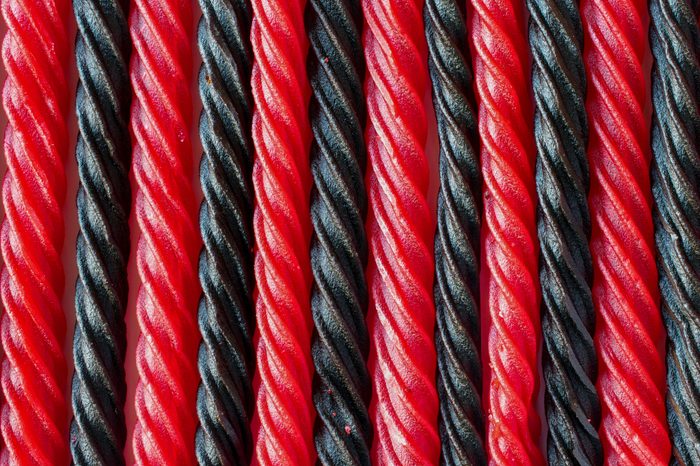
Gluten hides in sneaky places
“Licorice! That was my downfall,” says Jennifer Martinez, 23, of Salt Lake City, sharing the moment she was fed up with having celiac disease. She was 16, at a friend’s birthday party, and someone brought out a jumbo jar of Red Vines licorice to snack on while watching a movie. “It took about an hour to feel it but all of a sudden I knew. As I laid on the bathroom floor until my mom came, all I could think was ‘Why would licorice have gluten in it? Why would anyone even think to check candy for gluten?'”
It was a hard lesson for the newly diagnosed teen and one she wouldn’t forget. “That’s the most annoying thing to me about gluten, is how many random places it shows up, you just can never let your guard down,” she says.
Dr. De Latour says “This is something I often hear from my patients with celiac, it’s a very common frustration because gluten is found in so many foods besides bread and cereal.” (Check out the gluten-free foods nutritionists love.)
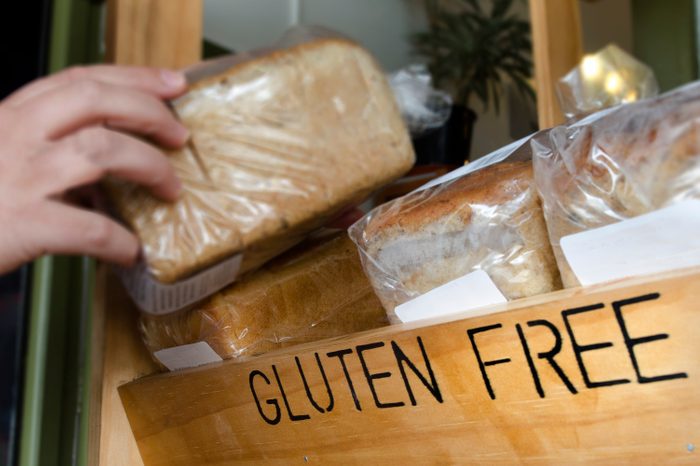
People think celiac disease is the same as gluten sensitivity
As we said, gluten intolerance, which involves an adverse reaction to gluten, is different than celiac disease. Celiac disease is a more severe form of gluten intolerance. Be careful not to diagnose yourself with either condition, however, as a gluten-free diet isn’t the easiest or healthiest diet to follow for those who don’t need it. Talk to your doctor before starting any new diet, says Dr. De Latour.

Celiac disease is not a fad diet
The only treatment for celiac disease is to follow a gluten-free diet. It’s not a fad diet and it definitely falls under the category of “life-altering,” Dr. De Latour says. The main reason? “There is no cure and really only one treatment: Don’t eat any gluten. Ever,” she says. This “prescription” is often easier said than done, as Martinez discovered.
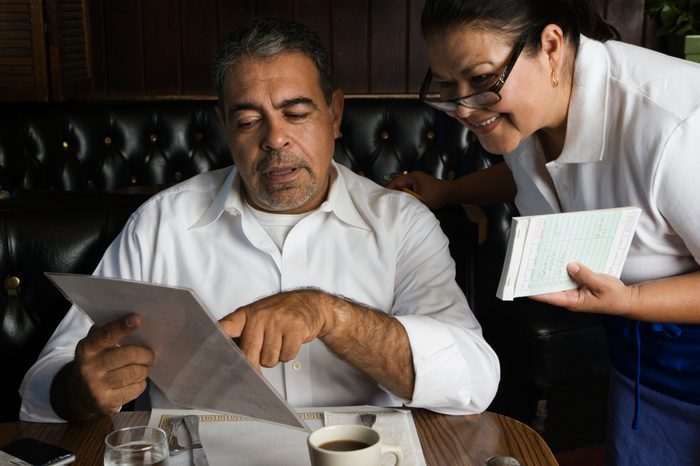
Some people think celiac disease is not “real”
One of the biggest pet peeves for people with celiac disease is the fact that some people simply do not believe it’s a real and very serious health condition. “I can’t tell you how many people have thought I’m making it up, looking for attention, or making a big deal out of nothing,” says Katrina Plyler, 30, of Tuscaloosa, Alabama. “There’s just so much misinformation about celiac disease and gluten in general, it gets exhausting having to explain it all the time.”
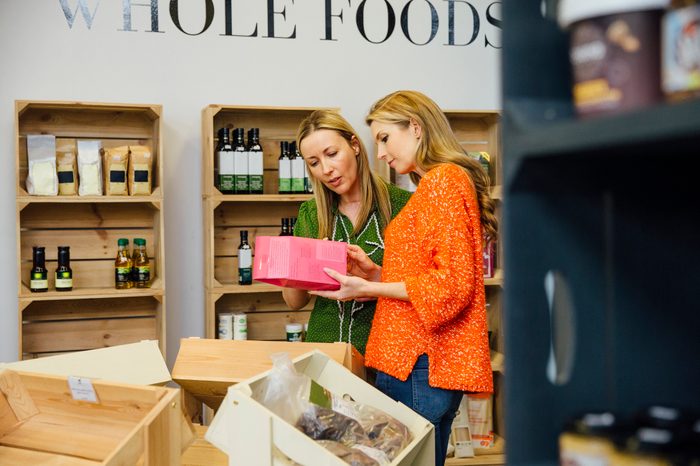
Gluten-free options always cost more
Whether you’re at a fancy restaurant or just trying to buy a loaf of bread at the grocery store, you can guarantee that the gluten-free option will always be more expensive, says Dawn Lunde, of Lakeville, Minnesota and mother of a child with celiac disease. These extra charges add up fast and are just one more inconvenience people with the disease have to deal with, she says. (Replacing your all-purpose flour? Here’s what experts need you to know about almond flour.)
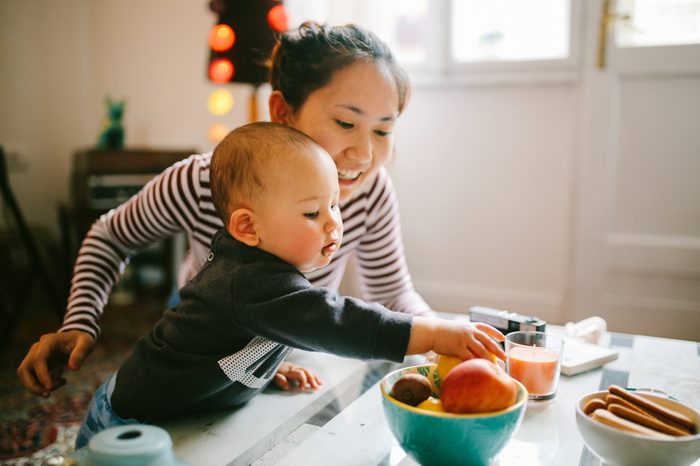
Parenting is even tougher if your child has celiac disease
Being a parent is never easy but add in a serious illness, like celiac disease, and it becomes even more complicated. “You have to be constantly on guard so no one gives your child gluten,” Lunde says. Plus you have to educate not just yourself and your child about the disease, but you also have to make sure their babysitters, teachers, friends’ parents, and relatives understand, she adds.

There’s no such thing as spontaneous eating
“I always have to plan ahead what I eat,” says Marshall Elliot, 29, of Seattle. This means reading the labels of any food he buys at the store, looking up menus online, calling ahead before eating out, and even grilling the waitstaff or person who made the food, just to make sure everything is actually gluten free, he says. “It’s so much work! I can’t just stop at a random food truck or split a dessert with friends,” he adds.
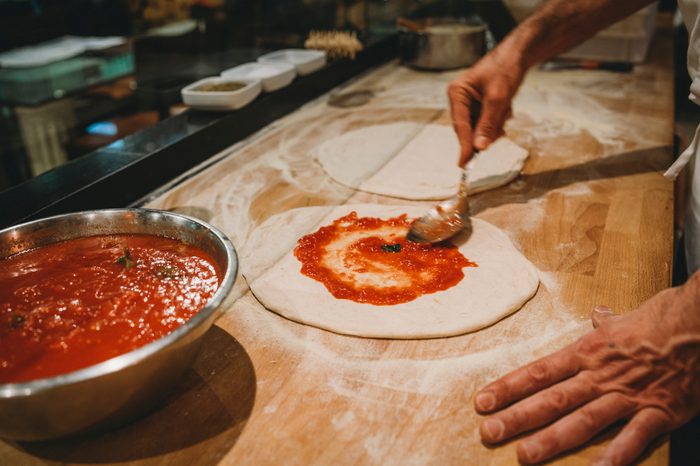
You always need to stress about possible cross-contamination
That pizza crust may be made with gluten-free ingredients but if it’s rolled out on a counter that has regular flour on it then it’s been contaminated with gluten and is not safe to eat for people with celiac. And some foods like oats are gluten free, but you need to check labels—if oats are processed alongside gluten-containing flour, it’s a problem. That means your oatmeal isn’t safe to eat unless it’s labeled gluten free. “The struggle to avoid cross-contamination is real and very stressful,” Elliot says. “Even well-meaning people who genuinely think the dish is gluten-free can miss a detail like this and then I’m in pain.” (Here’s what happens to your body when you go gluten-free.)
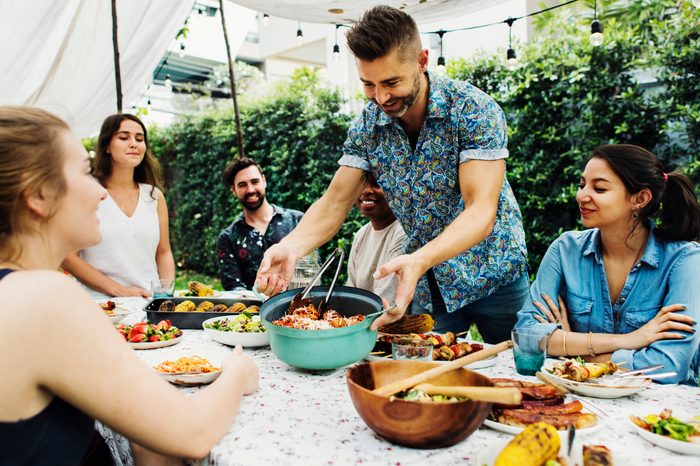
People think it’s okay if a dish has “just a little bit” of gluten
People with celiac disease have learned to be very wary of family reunions, office buffets, and dinner parties at friends’ houses. People often think that as long as they’re not serving you a loaf of bread then it’s fine and they tend to write off “small” things like adding flour to thicken gravy or using soy sauce as a condiment, says Lori Gerhardson, 35, of Minneapolis. “Because they can’t see the effects of the gluten, they think a little won’t hurt, but the truth is that even small amounts [can] permanently damage my digestive system,” she says.

People tend to ask if it’s an allergy or a preference
Hint: It’s insulting to ask someone who says that they have celiac disease if it’s really an allergy or a food preference. “I hate it when people ask me this. I have an autoimmune disease and celiac is not a food allergy or just a dietary preference,” says Sarah Briggs, 40, of Murrieta, California. “The enormity of my body’s reaction is so much more than just a tummy ache and I really wish that instead of rolling their eyes, people understood exactly how severe this disease really can be!” (Try these 6 delicious gluten-free foods.)
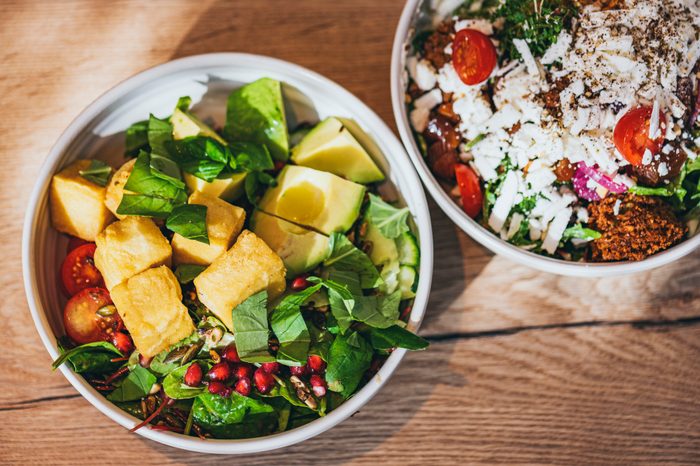
There are gluten-free stereotypes
Because eating gluten-free is seen as a diet fad right now for people without celiac disease, there are plenty of negative stereotypes associated with people who shop gluten free. “I actually have seizures as a reaction to gluten and it was a long, bumpy road to finally getting an accurate diagnosis,” says Tracey Croisier, 56, of Seattle. “So it’s particularly annoying when people will kind of roll their eyes and are like, ‘Oh, she’s that lady, the gluten-free mom’.”
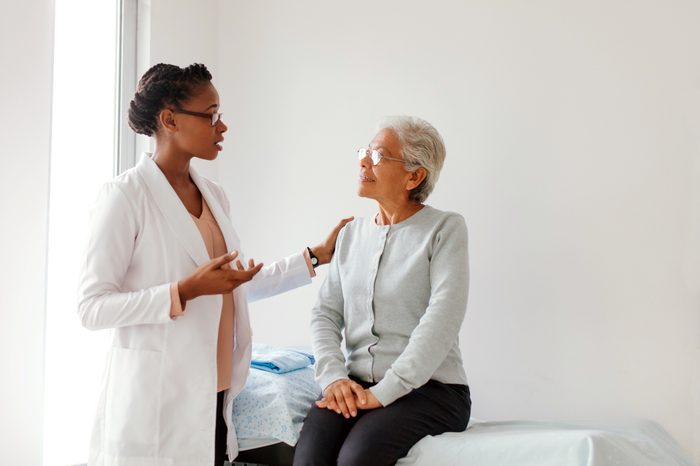
People’s comments can make it even worse
It’s common and understandable to grieve after being diagnosed with a life-changing illness like celiac disease. However, that’s a personal struggle—which is why it is so frustrating when other people constantly point out what you’re missing, Lunde says. “People will tell my kid how terrible it is that she’ll never get to enjoy cake, pasta, beer, or whatever,” she says. “Like she doesn’t already feel left out!” (Check out these gluten-free beers that people with Celiac disease love.)

Gluten can hide in pills and makeup
It’s not commonly known but many pills use gluten as a filler or as part of the capsule and even that little bit can cause a serious reaction, Croisier says. (Just one of 17 medication mistakes that could make you sick.) “I cannot even express the amount of anxiety I have when I’m undergoing a medical emergency and not knowing the treatment is going to make me worse. It’s insane that there are no labeling laws for drugs. Ditto for cosmetics that use gluten products, like lipstick.”

It can be hard to know if gluten is what’s making you sick
Because celiac disease involves an attack by the body’s immune system, when you have a new symptom pop up, it can be hard to know if you accidentally ate some gluten or if you have some new illness to deal with, says Katie Stumpf, 40, of Ashland, Wisconsin. “But I also hate that anytime I’m sick or not feeling well, people just assume it’s from gluten,” she adds. (There are other things besides gluten that can make you sick.)

People assume you’re trying to lose weight
Thanks to the recent surge in popularity of a gluten-free lifestyle, which some people adopt in an effort to lose weight, many people now assume that is always the goal, says Jen Schomaker, 41, Champlin, Minnesota. “I don’t eat gluten-free to lose weight! I have actually had people come up to me and tell me that I don’t need to lose weight,” she says. “A gluten-free diet is the actual treatment for the autoimmune disease.”

People may try to talk you into eating gluten
With celiac disease, the goal is always zero gluten, for the rest of your life. And it’s hard enough learning to accept that yourself, much less having Aunt Jane try to convince you to just have a bite this one time or point out that you used to eat gluten as a kid, so you can make an exception this one time, says Karen Anderson, 57, of Waterford, Connecticut. This isn’t about being a picky eater and no amount of cajoling is going to convince your intestines that if they just gave it another chance, they will love it. Some people act like you’re a picky toddler they are trying to coach into trying broccoli, she says.

You may be subjected to strange advice
There is a lot of advice out there on how to help autoimmune diseases but the truth is that right now, while there are things that may help, there is no cure for celiac disease. But that doesn’t stop people from recommending everything from essential oils to supplements to detoxes. “There is no magic pill; I wish there was but there isn’t,” Croisier says. And having to sit through a spiel from someone who isn’t your doctor only adds more pain and frustration.
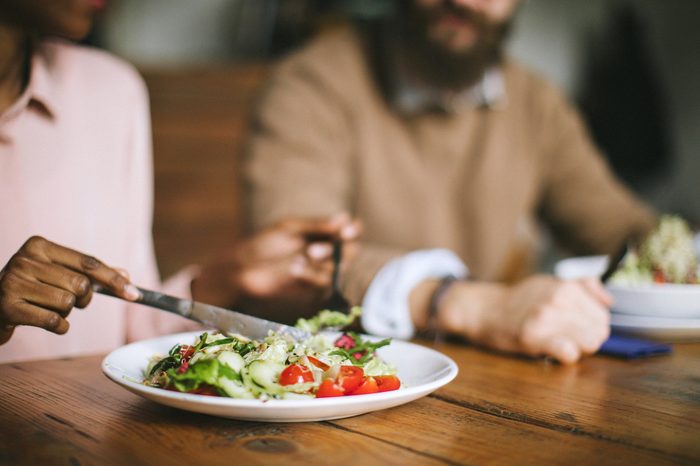
You may show up for a meal and have nothing to eat but salad
People with celiac disease are used to showing up for meals only to discover that nearly everything has gluten or possibly contains gluten. It really stinks when you’ve told people ahead of time about your restrictions and they forgot and now you’re stuck with a plateful of undressed salad greens, says Lesley Beshaw, 47, of Brisbane, Australia. “But it’s particularly hurtful when friends or family repeatedly forget, even though I’ve given them all the information many times,” she says.

Some people falsely claim to have celiac disease
Saying you have a “gluten intolerance” will likely get you an eye roll but tell people you have celiac disease and you’ll likely be taken more seriously—a fact that leads some people without the disease to claim they have it anyhow. “I know how frustrating it can be so I always do my best to be careful with other people’s dietary restrictions,” says Lizzie Vance, 41, of Fort Mill, South Carolina. “If it’s unclear, I will even ask if it’s celiac or a gluten allergy/intolerance. They always swear that it’s celiac… until the cheesecake looks too good to resist. It’s so frustrating because people see this and it makes it so much harder for people who really have the disease to be believed.” (Also, beware of these dangerous myths about food allergies.)

You can be undermined by another person with celiac disease
“One of the reasons people with celiac disease are often not believed is because too often they don’t take their own disease seriously enough,” Vance says. She recounts going to great effort to make sure food is entirely gluten free and isn’t cross-contaminated only to see a person with celiac disease take a bite of a regular cookie because they “just want a taste” or who is cycling on and off their gluten-free diet. “Other people see this and it confuses them or makes them think celiac disease isn’t as serious as it is,” she says.
